Dhaka, Apr 11 (V7N) – In a major setback for regional trade cooperation, India has officially canceled the transshipment facility that allowed Bangladesh to export goods to Nepal and Bhutan using Indian territory. The decision, effective April 8, ends a facility that had been in place since 2020, severely impacting Bangladesh’s export operations to its landlocked neighbors.
The Indian Ministry of External Affairs announced the cancellation in a recent official circular, citing "port congestion and infrastructure strain" as the primary reasons. At a press briefing, spokesperson Randhir Jaiswal stated, “Specific congestion has been created at our airports and ports… high costs in infrastructure and India's own exports have made it difficult to maintain the facility.”
Bangladesh heavily relied on Indian transit routes to export goods to Nepal and Bhutan, especially readymade garments, pharmaceuticals, construction materials, and agricultural products. According to 2024 trade data, Bangladesh exported goods worth Tk 107 crore to Bhutan and Tk 479 crore to Nepal, much of which moved through Indian land.
This cancellation now leaves Bangladesh without any direct land-based export routes to these two countries.
Security and diplomatic analyst Major General (Retd.) Naeem Ashfaq Chowdhury strongly criticized the Indian decision, calling it a “violation of regional and international laws”. He stated that this move “poses a big challenge to Bangladesh’s export sector” and questions the sincerity of India’s regional cooperation agenda.
He further said, “India has benefited from using Bangladesh’s ports and roads for transporting goods to its northeastern states—the Seven Sisters. Bangladesh must now reconsider that reciprocal facility in the interest of its own people.”
Tensions between Dhaka and Delhi appear to be mounting. Observers have noted a series of diplomatic setbacks since the fall of the Sheikh Hasina government, including:
-
Visa restrictions for Bangladeshi citizens.
-
Sheltering of fugitive former Prime Minister Sheikh Hasina in India.
-
Now, the termination of transshipment privileges.
Although Indian officials continue to insist that bilateral relations remain strong—highlighted during the recent Modi-Yunus meeting at the BIMSTEC summit in Thailand—actions on the ground suggest a growing strain.
Meanwhile, Chief Advisor Dr. Muhammad Yunus, during his recent visit to China, proposed transforming Bangladesh into a manufacturing hub, possibly hinting at diversifying trade partnerships beyond India.
Experts say Bangladesh has legal grounds to file a formal complaint through SAARC, BIMSTEC, or WTO frameworks. Discussions are also underway at the government level to explore alternative routes and trade alliances that reduce reliance on India.
As Trade Advisor Sheikh Bashir Uddin said earlier this week, “We are now working to develop export capacity under our own management. This decision, though unexpected, will not stop our growth.”
The cancellation marks a turning point in South Asian trade dynamics—one that may redefine the region’s commercial and diplomatic equations in the coming months.
END/MSS/AJ



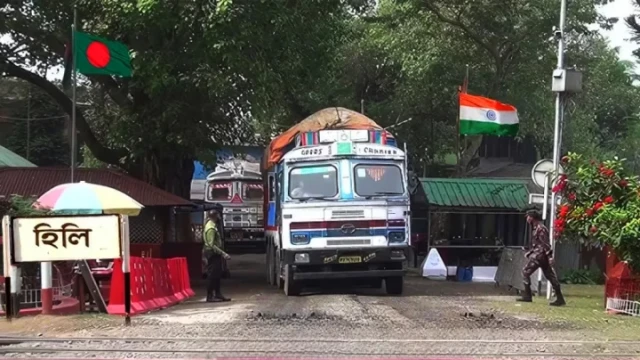



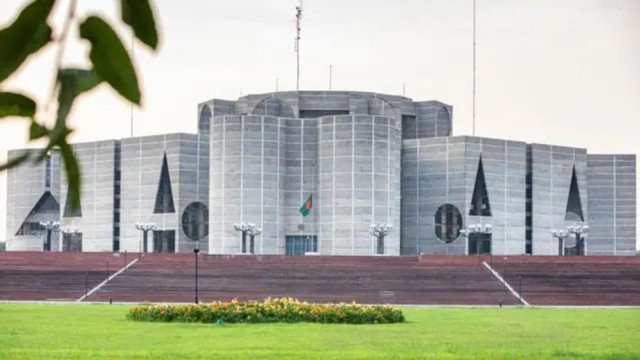
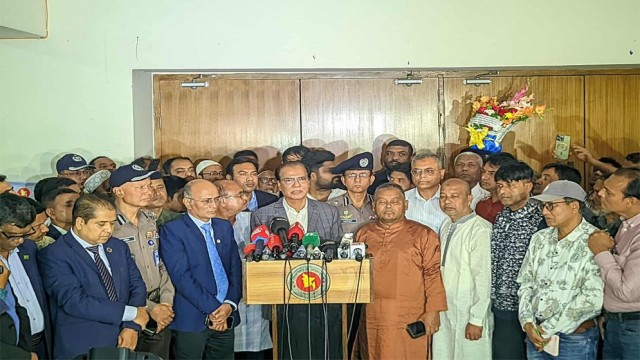
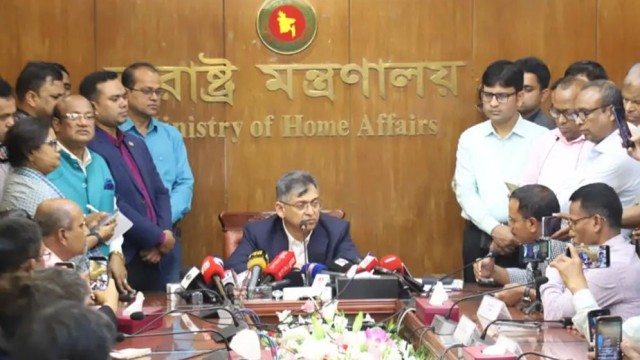
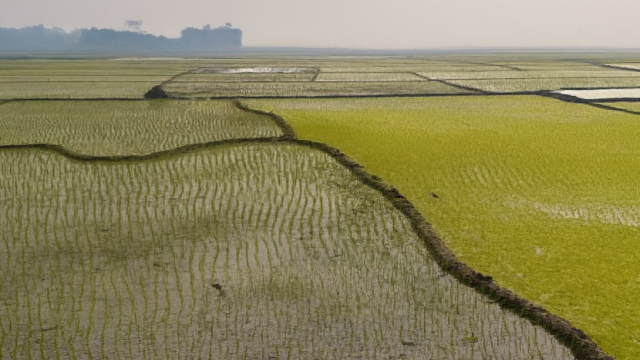






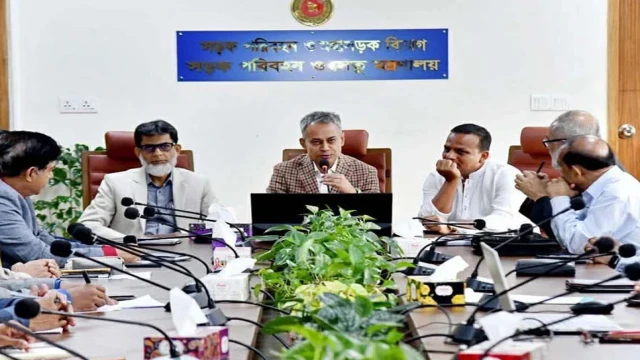












Comment: